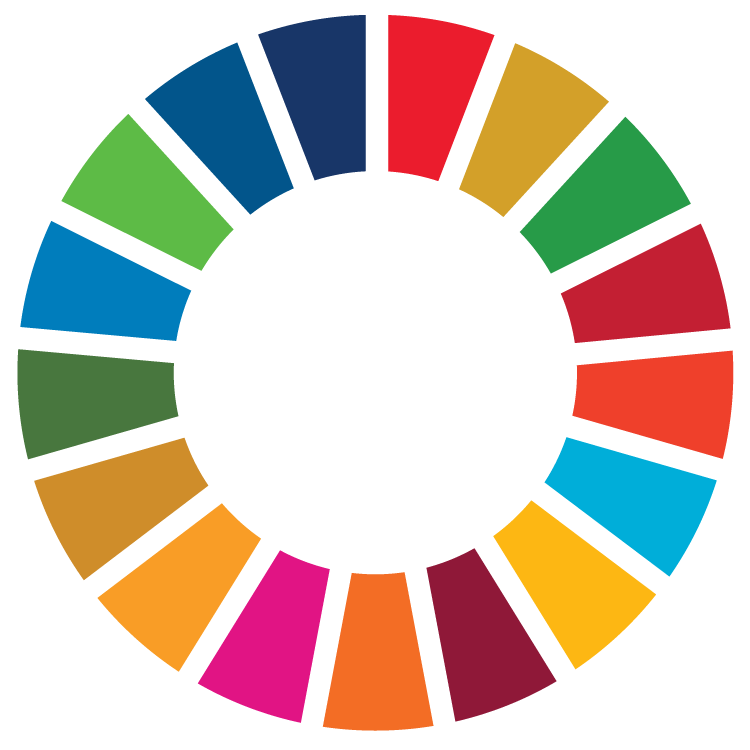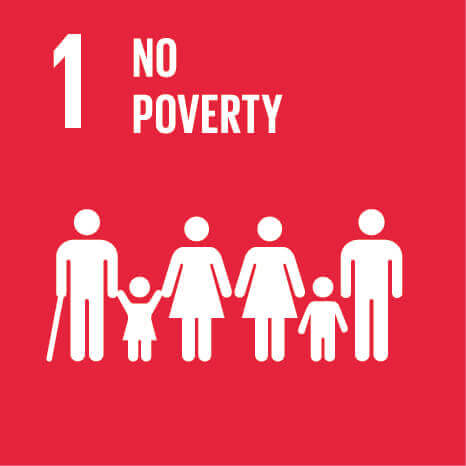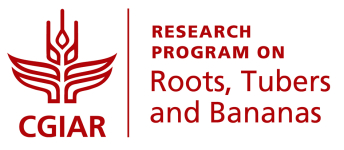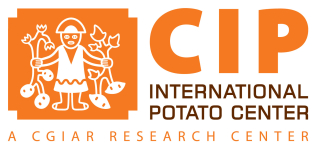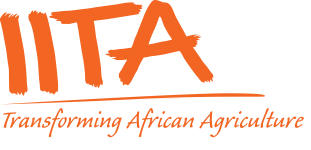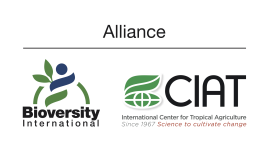Scaling Readiness adopted by the One CGIAR to operationalize its 2030 Strategy
Published on: March 28, 2021, Submitted by Victoria Clarke on: March 15, 2021, Reporting year: 2020
Scaling Readiness is a component of the new stage-gating and performance management framework of the One CGIAR implying a major, cross-CGIAR change that is already widely recognized as externally significant as this will imply the consideration, acknowledgement and adoption by all CGIAR Initiatives.
Fig. 1. Scaling Readiness Barrel to illustrate how innovation(s) with the lowest readiness limit an innovation package's capacity to achieve impact at scale.
The purpose of Scaling Readiness (SR) is to improve the efficiency and impact of research for development programs through critical reflection on how ready innovations are for scaling and what appropriate actions could accelerate or enhance scaling. The use of agricultural innovations at scale is key to achieving the Sustainable Development Goals. SR offers research for development project teams and organizations such as the CGIAR a toolkit to support the design, implementation and monitoring of scaling strategies at project and portfolio level. Embedding key principles of SR within the One CGIAR performance management systems will increase the likelihood that investments in CGIAR will yield impacts at scale.
Scaling readiness aiming at scaling systems transformation, resilient agri-food systems and genetics, using basic science evidence is uptaken in One CGIAR Performance Results Management Framework. The innovation, through CGIAR research activities, contributed to change the discourse and or behaviour among next users such as the International Institute of Tropical Agriculture (IITA), International Livestock Research Institute (ILRI), International Maize and Wheat Improvement Center (CIMMYT) from the CGIAR close sphere of influence. In particular, CGIAR centres, such as IITA and ILRI are embedding principles of Scaling Readiness in their projected and performance management systems. The adoption does not concern only boundary partners and their behaviour change but has also concerned the European Union, Food and Business Platform and GIZ Taskforce.
The research methodology – Scaling Readiness – has been used in CGIAR Research and Innovation Strategy as it exemplifies the ways forward in how this research methodology will be integrated into impact pathways in innovation systems. Effectively the associated concept to scaling readiness “innovation package” was used in the strategy that contributed to advising management on the identification and performance management of CGIAR Initiatives. The concept and its methodology will serve as criteria for performance and the data collected from the methodology as raw data to further implement strategies for impact and accompany scaling ambitions within all projects from One CGIAR.
The target outcome related to the adoption of Scaling Readiness (SR) methodology in the One CGIAR strategy is for a direct influence on improving the approach to innovation management and scaling based on the principles of Scaling Readiness and indirectly target 100 million farming households in developing countries to have adopted CGIAR best-fit technologies by 2022.
Stage of Maturity and Sphere of influence
-
Stage of Maturity: Stage 1
-
Contributions in sphere of influence:
D.1.3 - Increased capacity for innovation in partner research organizations
